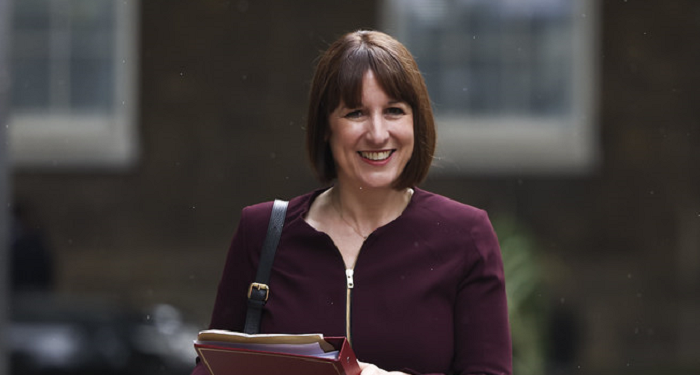The Universal Credit (UC) standard allowance is set to increase by 2029, but the health element of that is set to be halved and frozen for new claims, according to chancellor Rachel Reeves.
The Department for Work and Pensions (DWP) expects 2.25 million current recipients of UC health to be impacted by the freeze with an average loss of £500 per year, although they will also see a rise in cash terms from the standard allowance.
A further 730,000 future recipients of UC health will also be affected facing an average loss of £3,000 per year.
However, around 3.9 million households not on the UC health element are expected to gain an average of £265 per year from the increase in the standard allowance.
The DWP also noted that not taking forward the Conservative government’s changes to the Work Capability Assessment will mean 370,000 people will be eligible for the new UC health element at £50 per week and will gain £2,600 per year.
Tackle perverse incentives
Reeves made the announcement during her Spring Statement in Parliament this afternoon, arguing she was rebalancing support in Universal Credit to address perverse incentives and encourage more people into work.
Reeves said: “Universal Credit standard allowance will increase from £92 per week in 2025-26 to £106 per week in 2029-30, while the Universal Credit health element will be cut for the claimants by around 50% and then frozen.”
And for new claims, the Universal Credit health element will be reduced to £50 a week in 2026-27 and then frozen until 2029-30
The health element is designed to give more financial support to people with health conditions that limits their ability to work.
But Reeves added that there would also be more money to help some of those people gain employment.
“Of this, we’re investing £1bn to provide guaranteed personalised employment support to help people back to work.
Reeves said: “The Labour Party is the party of work, we believe that if you can work, you should work but if you can’t work, you should be properly supported.”
She said there would also be: “£400m pounds to support the Department for Work and Pensions and our job centres to deliver these changes effectively and fairly taking total savings after that to £3.4bn.”
But Reeves also promised: “Spending on disability and sickness benefits will continue to rise.”
She noted: “These plans mean that welfare spending as a share of GDP will fall between 2026 and the end of the forecast period – very different to what we inherited from the party opposite.”






